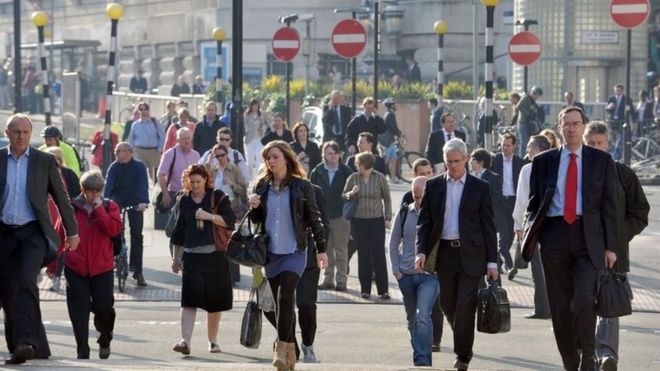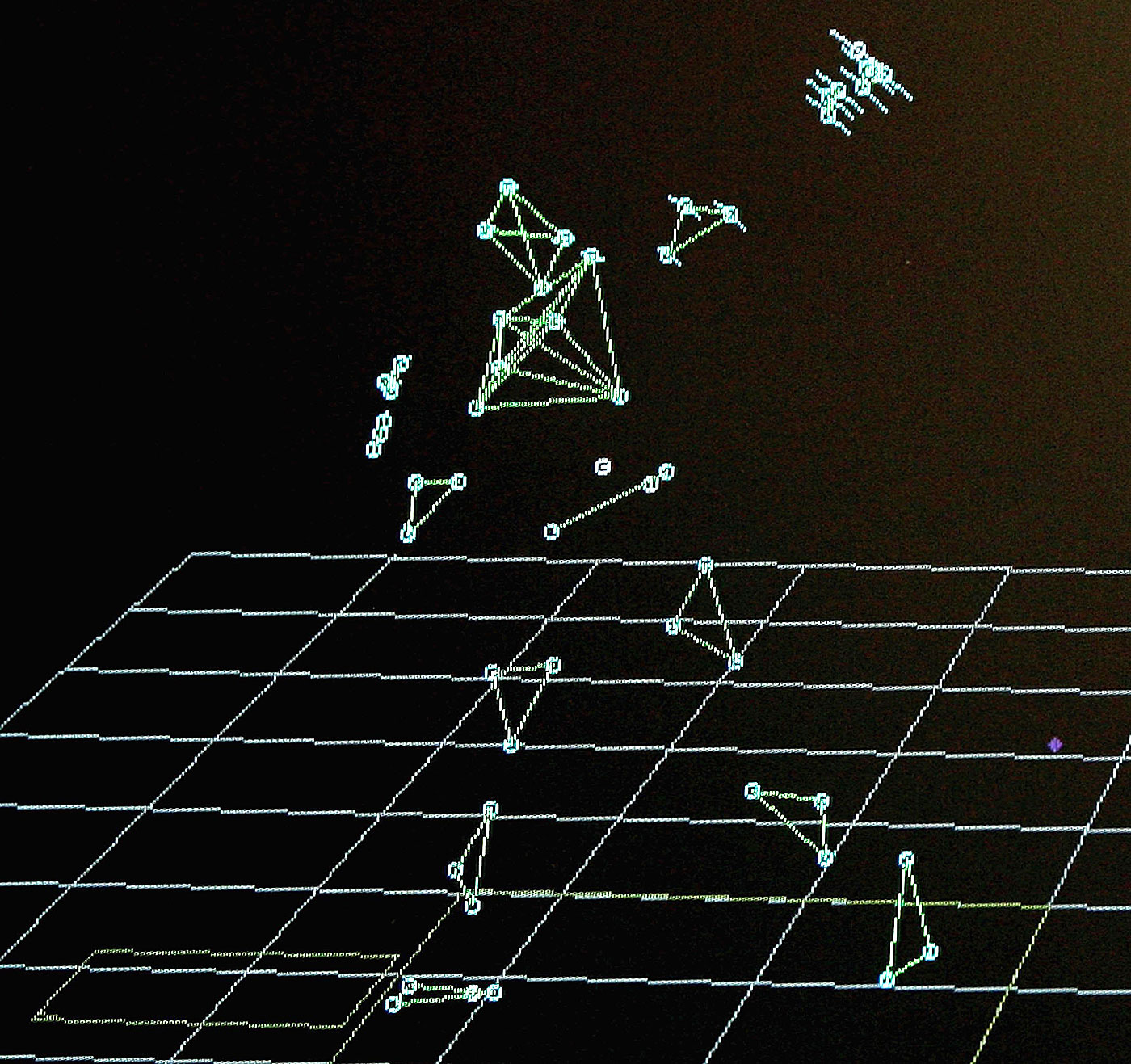Conventional wisdom has it that Labour’s newly-elected leader will be taking the party back to the past. The most commonly imagined point of destination is the 1980s. Corbyn, we are told, is a latter day Michael Foot, whose tenure on Labour’s leadership will give us a Labour civil war and a decade or more of Tory dominance. A more positive historical allusion, has been offered by Melissa Benn, writing in the Guardian, who has argued that Corbyn is the direct heir of the Labour Party’s founding father, Keir Hardie. While both analogies are tenable, a more accurate parallel might be traced between Corbyn and a less well-known past Labour leader, George Lansbury.
 Michael Foot and Tony Benn Photo: Getty Images
Michael Foot and Tony Benn Photo: Getty ImagesLansbury took over the leadership of the Labour Party in 1932, in the wake of the disastrous economic crisis that had destroyed Ramsay MacDonald’s Labour government in 1931. MacDonald had nurtured the Labour Party into a position of power over the preceding two decades, but abandoned its rank and file in the moment of crisis to join a National Government with the Conservatives. The Labour establishment – seen by many in the movement as heroes only a few years previously – were, by 1932, seen by most socialists as traitors. The demoralised Labour Party was decimated in the 1931 General Election, and Lansbury was elected leader because he was viewed as the embodiment of honesty, purity and principle. Is this beginning to sound familiar?
Like Corbyn, Lansbury was a London politician who was located firmly on the left of the Labour Party – his first political home as a socialist was in the revolutionary Marxist Social Democratic Federation. Like Corbyn, he was a “veteran” MP who had taken part in the struggles of what seemed like a previous age; by the time he secured the leadership of his party he was already in his 70s.
Like Corbyn, Lansbury was a habitual rebel, and a thorn in the side of his party’s moderate leadership. As editor of the Daily Herald he supported just about every shade of Left-wing rebel tendency available. He campaigned for Communists to be allowed to join the Labour Party. In the period before the Great War he’d gone to prison for the incitement of militant unlawful protest on behalf of the suffragettes. He was imprisoned again in 1921, when serving on Poplar Council, for contempt of court, after refusing to implement what he considered to be an unfair rates system. Like Corbyn, Lansbury was a life-long pacifist. He was the main organiser of the mass anti-war demonstration in Trafalgar Square in August 1914. He was also prepared to meet – against his better judgement - some pretty questionable individuals in pursuit of peace, including, in 1937, Hitler and Mussolini. By comparison, maybe meeting Hamas isn’t so big a deal.
The parallels between Corbyn and Lansbury are so close that one might think that Corbyn is the ghost of Lansbury stalking the Labour Party. But what might history tell us about the Party’s current predicament? Lansbury’s leadership has traditionally been seen as a period of crisis for Labour – a spell in the proverbial wilderness. Lansbury inherited a depleted and divided party, struggled to make an impact against the overwhelming tendencies of the time, and by 1935 was driven from its leadership by his more right wing colleagues. Corbyn will need to be an exceptionally resourceful and gifted leader, not to mention lucky, if history is not to repeat itself in this respect.
Even if this is the case, though, Corbyn’s period as Labour leader need not be without significance. Lansbury’s tenure on the leadership may have been short, but it was not devoid of success. Like Jeremy Corbyn, Lansbury was a magician of mass-mobilisation. He managed to inspire more respect and devotion among grass roots socialists and labour supporters than arguably any other Labour leader before or since. He connected with Labour’s core supporters and mobilised them in a way that meant the Labour Party survived when it may have perished. He reconnected a wounded, demoralised and betrayed party with its core values and beliefs. Crucially, he created a political space in which the socialists of the future – among them Aneurin Bevan and Clement Attlee – could develop and prosper. And we all know what they managed to achieve.
Perhaps the real lesson that a bit of historical perspective can teach us about Corbyn’s remarkable coup doesn’t concern his electability, or alleged lack of it. After all, those that warn that he is unelectable haven’t done too well at winning elections themselves in recent years. No, history tells us that the Labour Party is experiencing a period when it needs to be revitalised, democratised and brought back into contact with its all-too-forgotten core beliefs. Like Lansbury over 70 years before him, Corbyn might well be the man for the job. If so, the really interesting question becomes not whether Corbyn can win in 2020, but who, out of the new MPs who were prominent in nominating and supporting him, will be the Bevans and Attlees of the future?

 The professional cricketer lives an examined life, with feedback from various corners © Getty Images
The professional cricketer lives an examined life, with feedback from various corners © Getty Images A bowling action in pixels © Getty Images
A bowling action in pixels © Getty Images